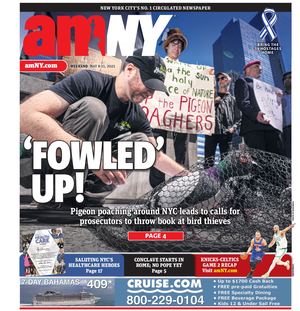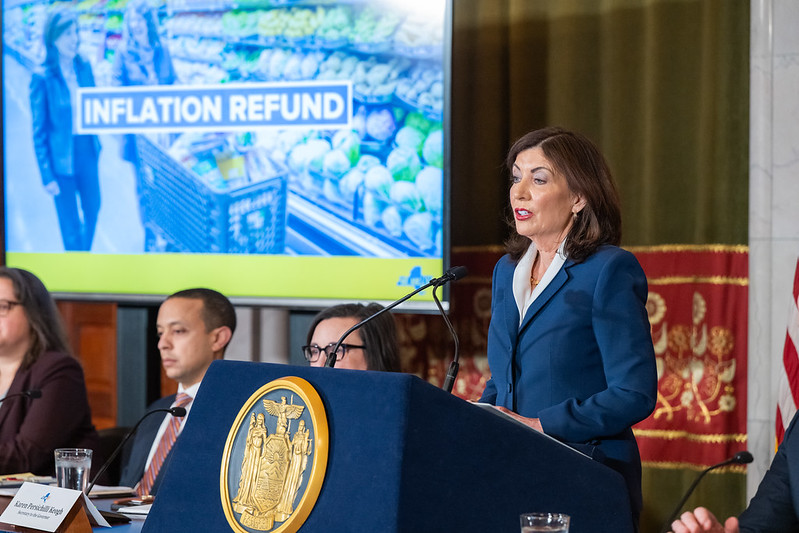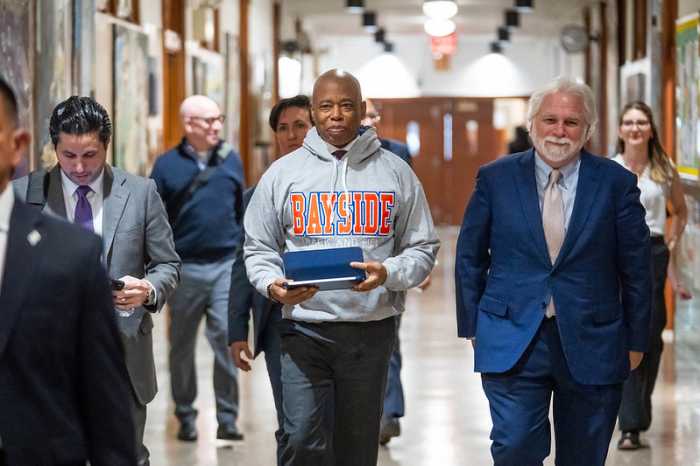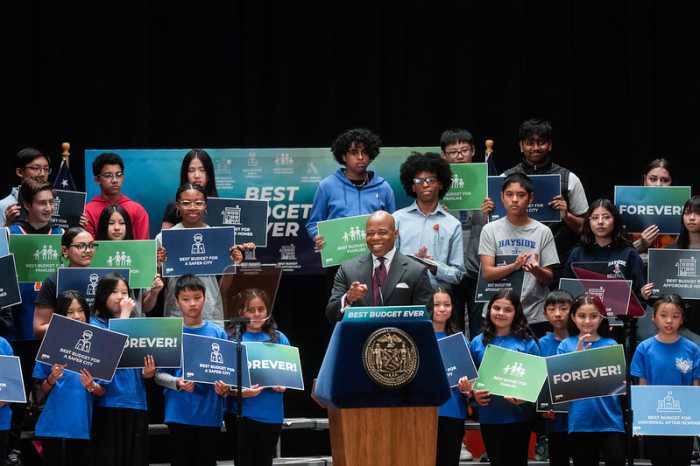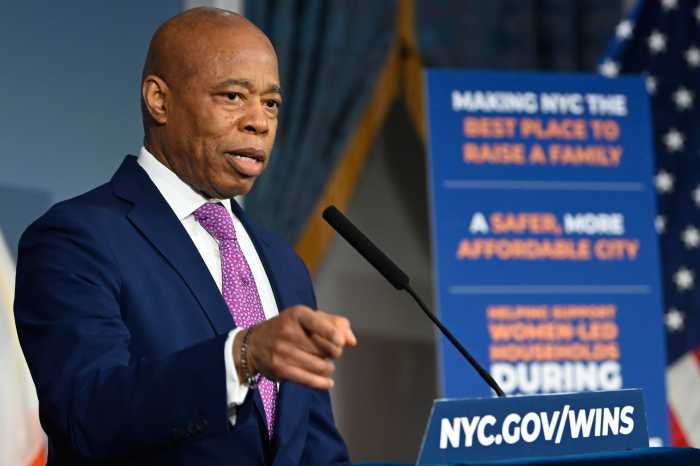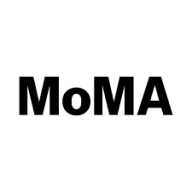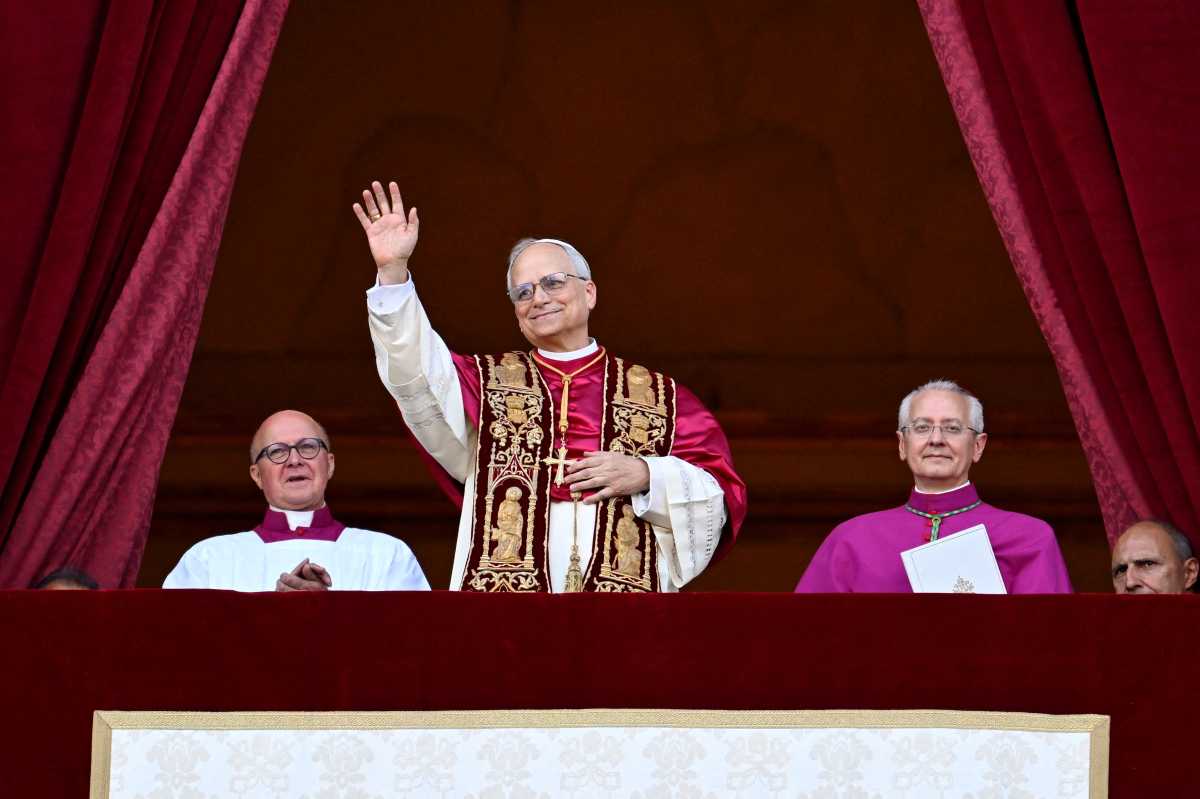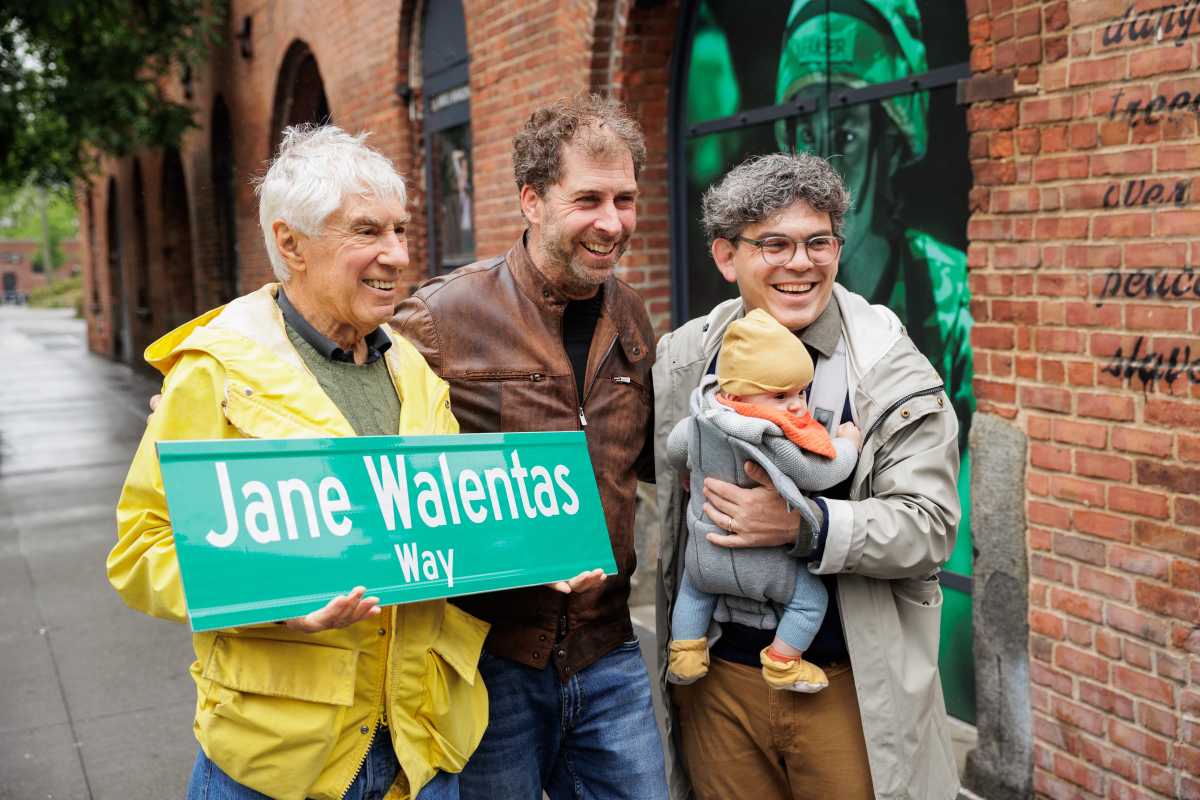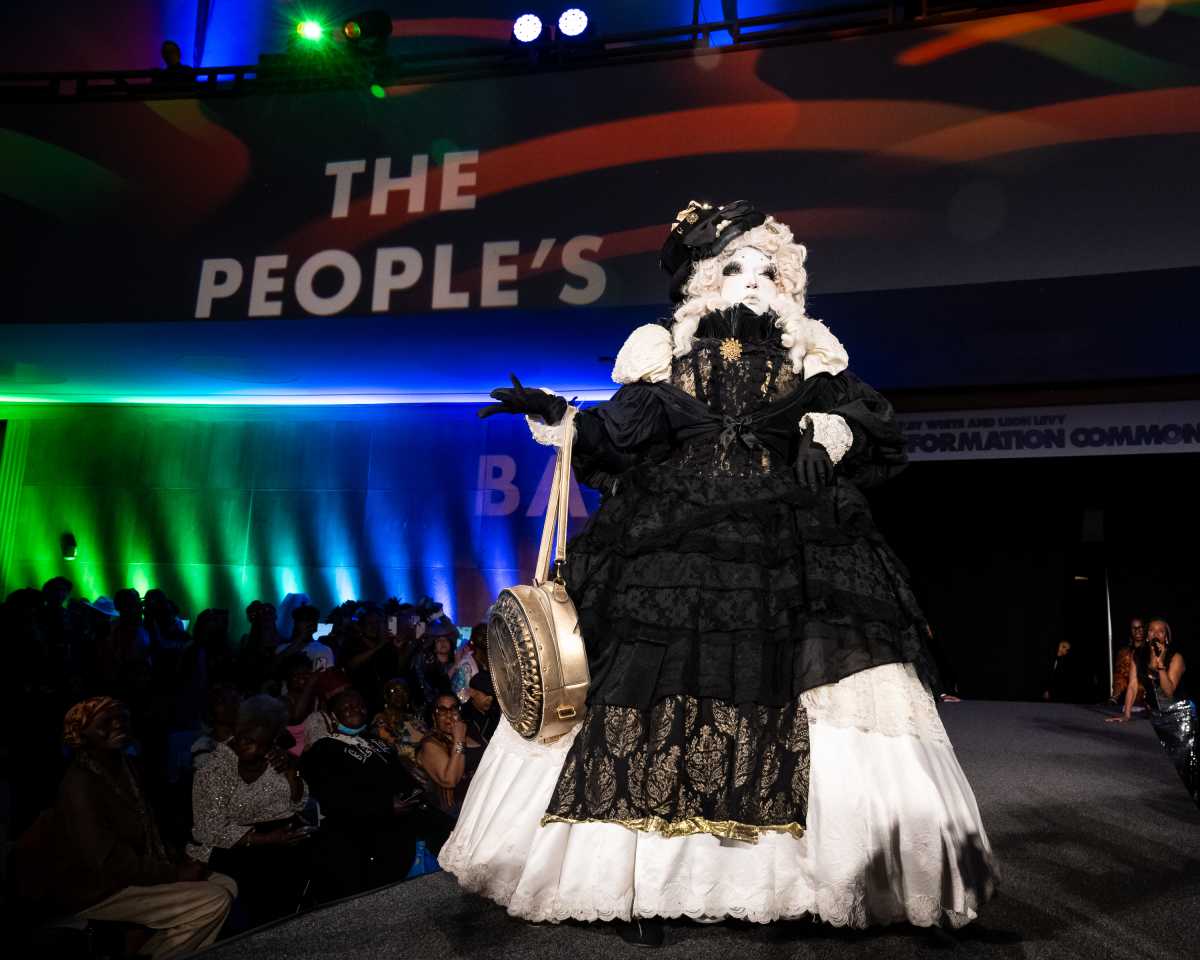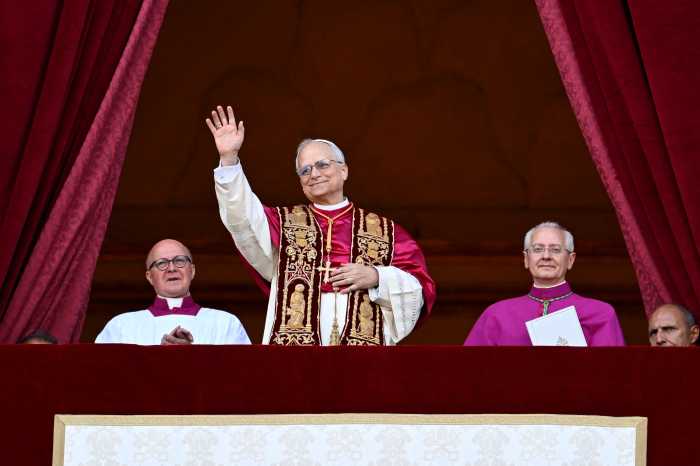The long-overdue state budget deal includes several measures Gov. Kathy Hochul pushed to ease New York’s affordability crisis as she gears up for a tough re-election campaign next year.
The $254 billion-plus Fiscal Year 2026 budget, which state lawmakers were still voting on Thursday, is chock-full of actions aimed at lowering everyday costs. The plan includes one-time inflation refund checks for over 8 million tax filers, a middle-class tax cut, universal free school lunches, and a statewide housing voucher pilot program.
“I vowed to deliver on a sweeping affordability agenda that does something that is so profound, but yet so simple: putting more money back in your pockets,” Hochul said during an April 30 press conference. “And promises made, promises kept.”
The governor will sign the affordability-focused fiscal plan just months before heading into what is shaping up to be a tough race for re-election. She has doubled down on combating rising costs, along with stemming fears around crime, as challengers on both the left and right are lining up to run against her next year.
Her focus on the issue also appeared to be a response to the 2024 presidential election, in which many Americans cited high inflation and public safety concerns as reasons they voted for President Trump.
Rebate checks, tax cuts, free school meals
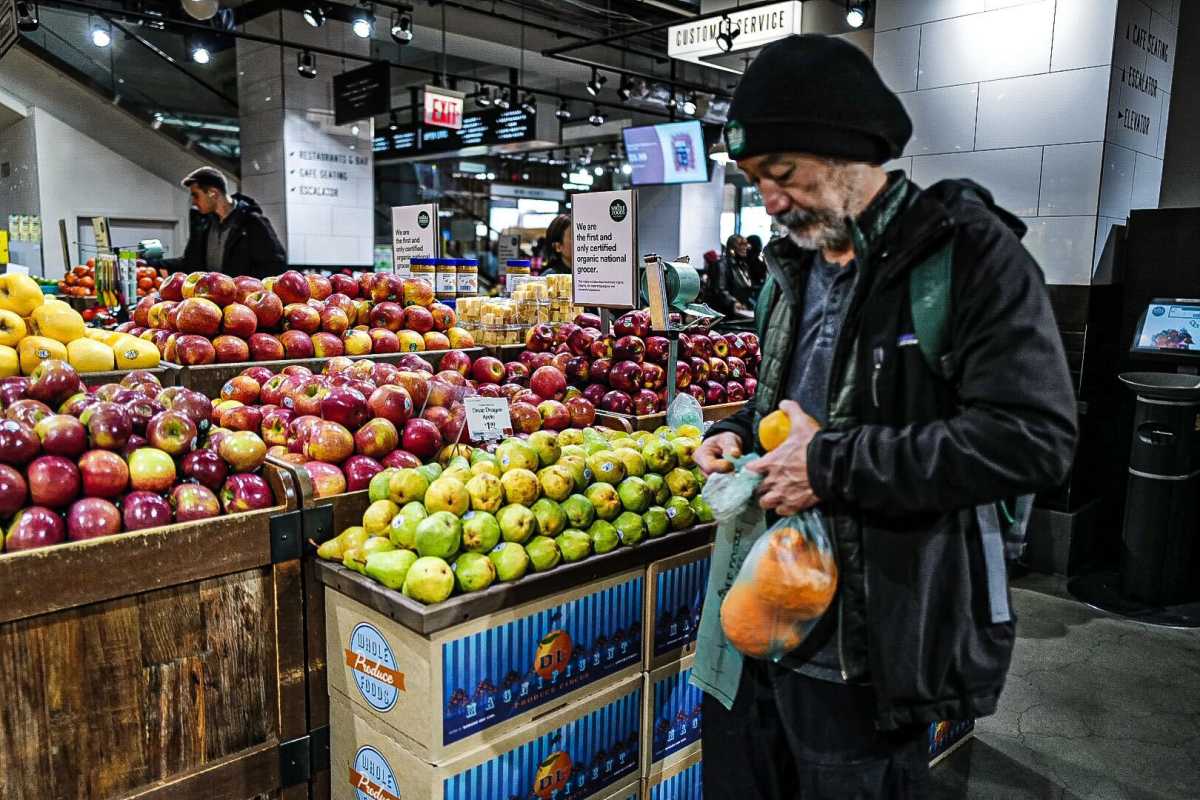
Hochul’s rebate checks gambit promises to put a collective $2 million back in New Yorkers’ pockets. It will go to New Yorkers who filed a 2023 tax return and had a state adjusted-gross income of up to $150,000 if they were single filers, and up to $300,000 for joint filers.
Individual filers who made up to $75,000 will get a $200 check, while those who made between $75,000 and $150,000 will get $150 checks. Joint filers who made up to $150,000 will receive a $400 check, while those who made between $150,000 and $300,000 will receive $300 checks.
The governor is also cutting income taxes for 8.3 million middle-class New Yorkers, making up to $323,000 annually for joint filers.
Her plan will also make free public school breakfasts and lunches universal, a move her office says will save families an estimated $165 a month on groceries.
Critics decry ‘dubious’ savings
However, the budget drew backlash from state lawmakers, charging that the governor’s affordability measures are surface-level and will not meaningfully lower costs for New Yorkers.
Brooklyn state Sen. Andrew Gounardes, in a statement, charged the spending plan “nickels and dimes” vital social safety net programs, while spending billions on “dubious tax breaks and gimmicks.”
“New Yorkers will get a paltry, one-time ‘rebate check’ for a few hundred dollars and a minuscule tax cut—eventually,” he said in a Thursday statement.
Gounardes also blasted Hochul’s expansion of the state’s child tax credit, which promises to give families earning below a certain income threshold up to $1,000 per child under age four to cover expenses like groceries and rent. He said it falls far short of his own proposal to implement a so-called “Working Families Tax Credit” — legislation that would see the state give families up to $1,600 per child.
“And while expanding the child tax credit for young children is better than nothing, the vast majority of families will get a credit that doesn’t come close to the rising cost of living that is pushing them to the brink,” he said.
